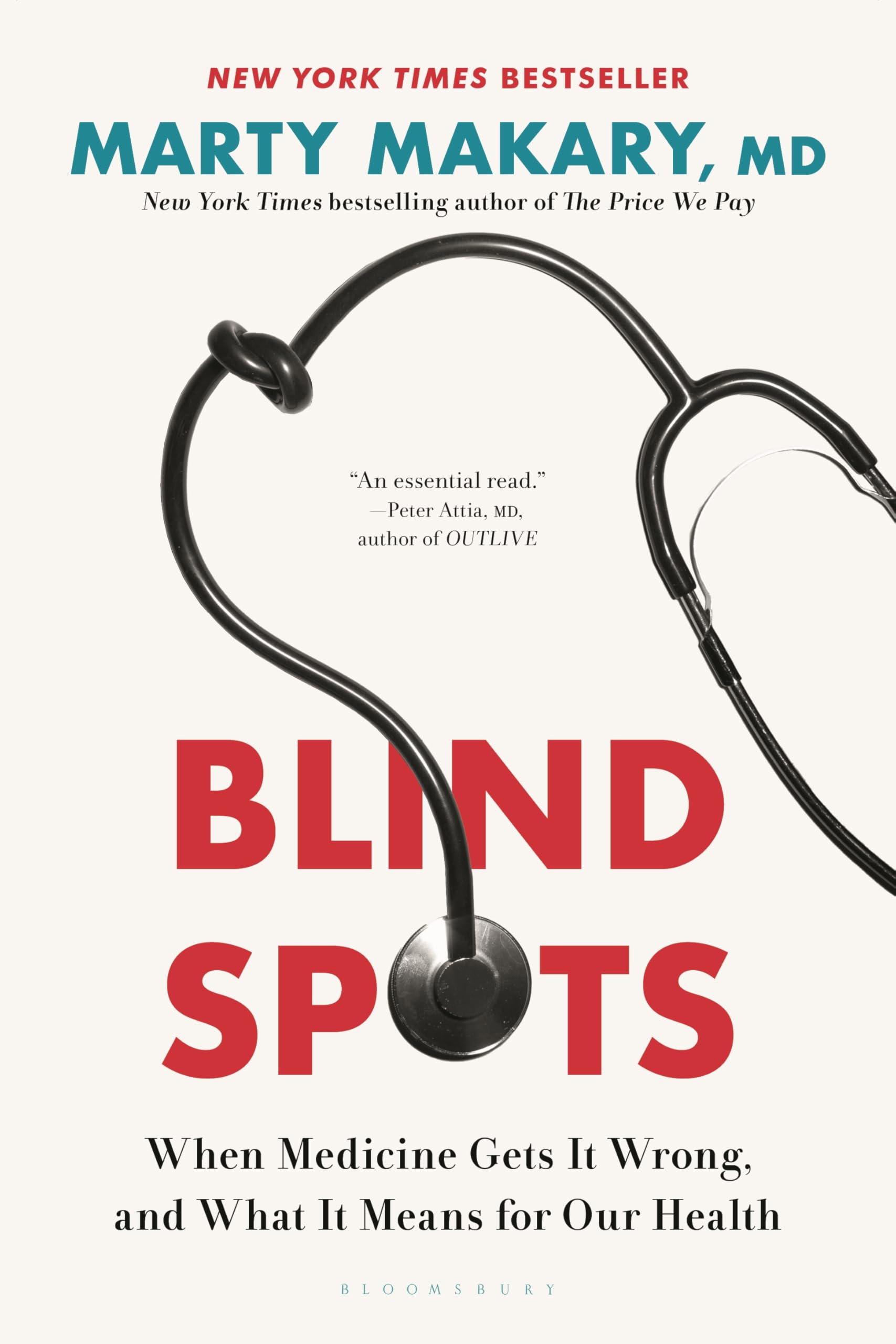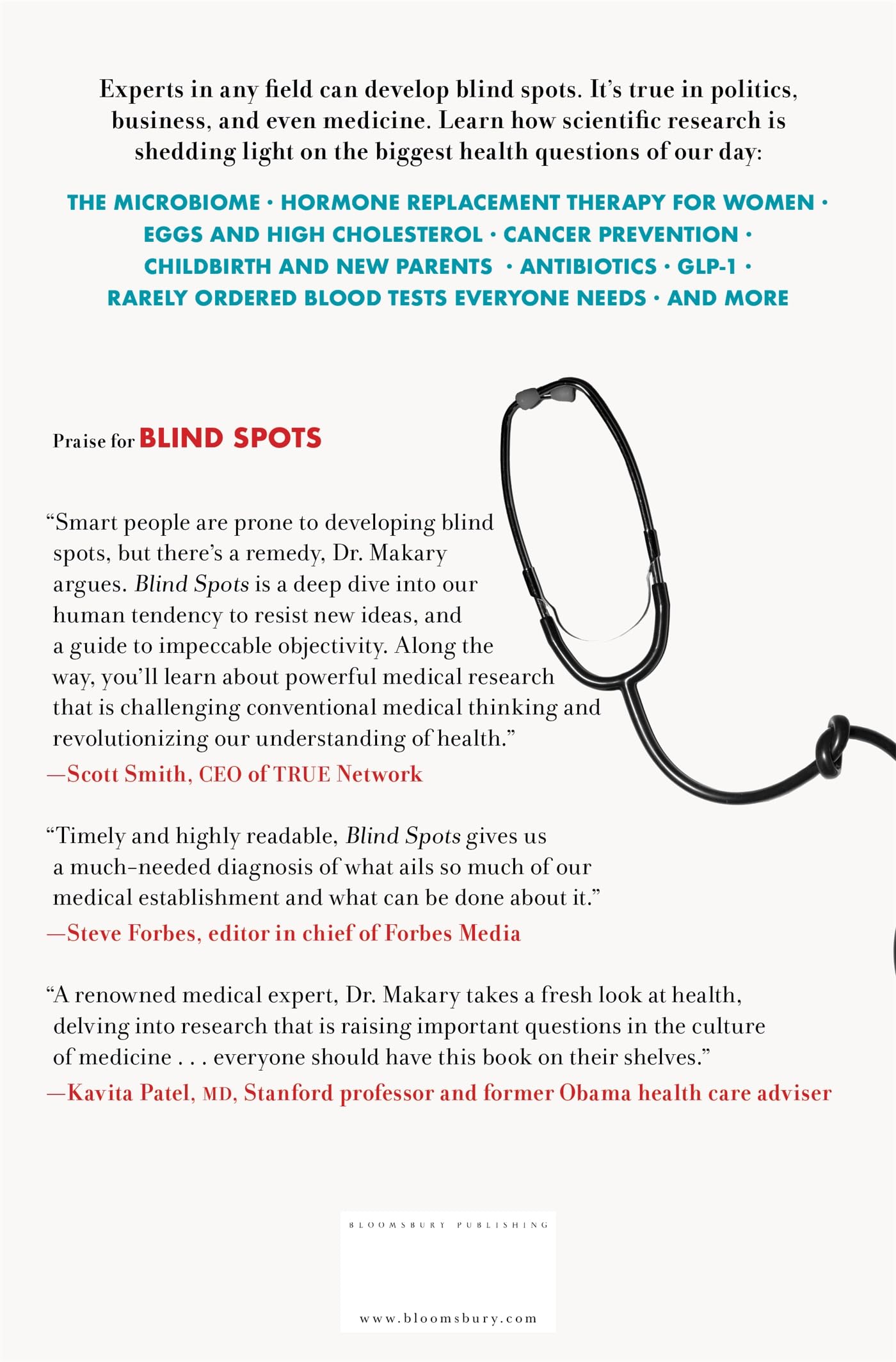Customer Services
Copyright © 2025 Desertcart Holdings Limited



Blind Spots: When Medicine Gets It Wrong, and What It Means for Our Health [Makary M.D., Marty] on desertcart.com. *FREE* shipping on qualifying offers. Blind Spots: When Medicine Gets It Wrong, and What It Means for Our Health




Trustpilot
1 month ago
3 weeks ago
2 weeks ago
3 weeks ago